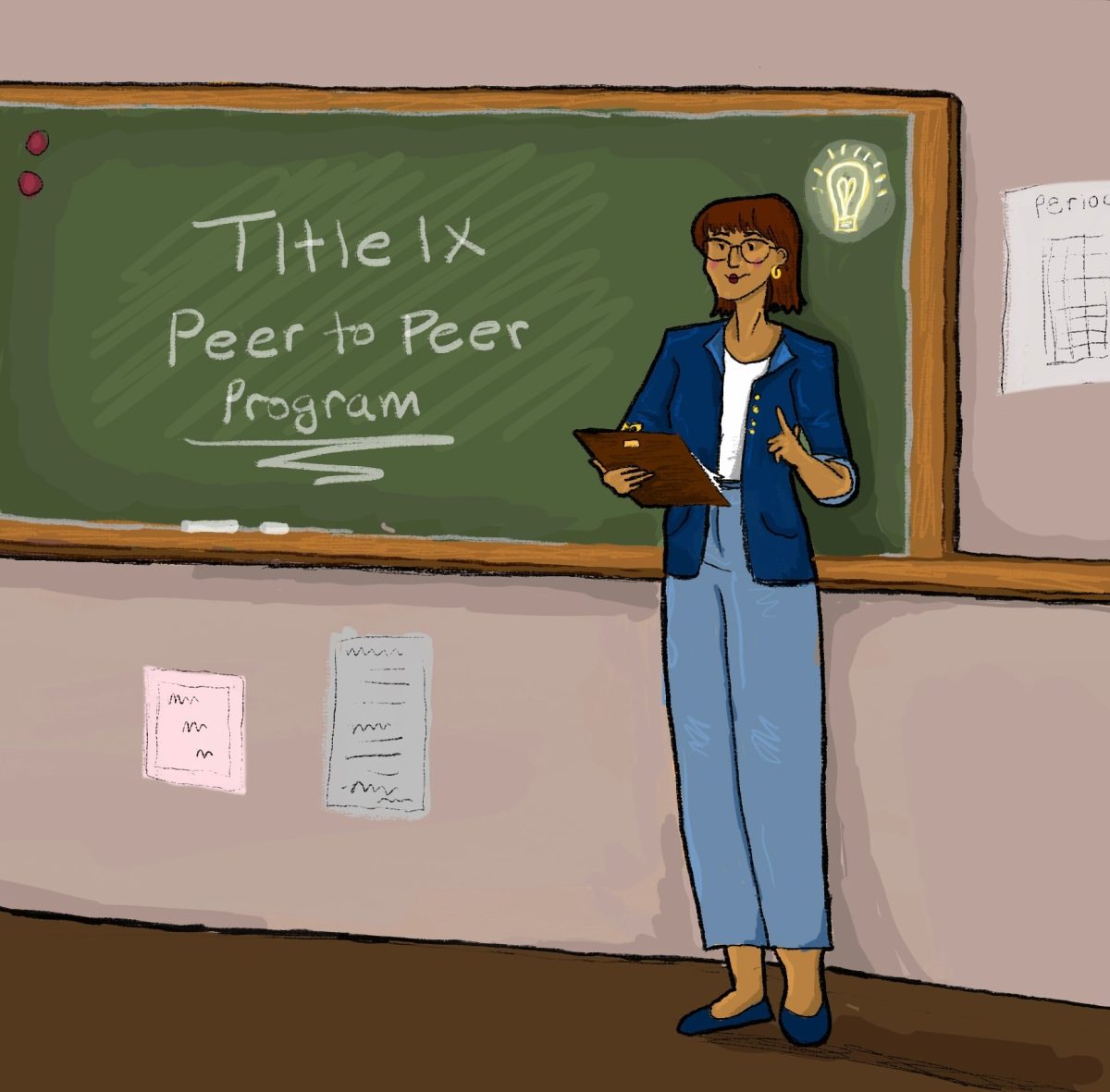The UT Title IX Office recruited students on Sept. 16 to work for its new Peer-to-Peer Education program, which will educate student organizations about Title IX policies and procedures to foster a safe environment for members.
According to the Title IX Office website, Title IX is a federal law that prohibits sex-based discrimination in educational environments funded by the federal government. It protects students and employees from sex discrimination, harassment, assault, stalking or pregnancy-based discrimination. Students working for the Peer-to-Peer program will discuss the law and specific violations of Title IX under University policy, such as inappropriate conduct and retaliation. Although professionals from the Title IX Office will continue to provide training, this is the first UT-backedstudent-led initiative.
Erika Bellingham, director of education and prevention for the Title IX Office, said Peer-to-Peer facilitators will receive training on Title IX policies, along with public speaking skills prior to hosting the workshops.
“We know that research shows that peer-based education is really effective, so we wanted to create this program as a way for students to be able to gain experiences presenting on these topics,” Bellingham said. “(We also wanted to) expand our capacity to access more students and student organizations with Title IX education and training.”
Insha Badami, a humanities and government senior, was recently hired to work for the program. She said as a student, she can relate to the community and provide a different perspective on Title IX.
“When it comes to super sensitive topics like Title IX, you’re looking for someone that looks just like you and is experiencing the same things you are and can understand your world,” Badami said. “A higher-up or a professional can almost feel disconnected to that situation or come across as HR (to students). … Just seeing a student talk about it makes it easier to connect with each other.”
Natalie Swartz, a social work graduate student and Peer-to-Peer facilitator, said she previously worked helping victims who suffered from distressing events on campus. Reporting a Title IX incident can be overwhelming for students, which is why
guidance is needed, she said.
“There’s all these decisions you have to make and if you have no information on how to make those decisions (it can be hard),” Swartz said. “It’s important that people are given all the information they need to make a good decision for themselves and how they want to proceed (when reporting a Title IX violation).”
Bellingham said on-campus organizations or students interested in learning about Title IX can sign up for training by filling out a form on the office’s website. In the sign-up sheet, they can determine where and when the workshop will take place, she said.
Although the training is not mandatory, Bellingham said she recommends student organizations and their members take it because the information can prepare them to handle unexpected situations.
“I know that these topics can be heavy, scary (and) intimidating,” Bellingham said. “The hope is that with a peer program, (discussing Title IX issues) can feel a little less intimidating coming from peers. Our office is here to be a support for our students and for our campus community. We are trying to move away from the stigma and move towards a space of support.”














